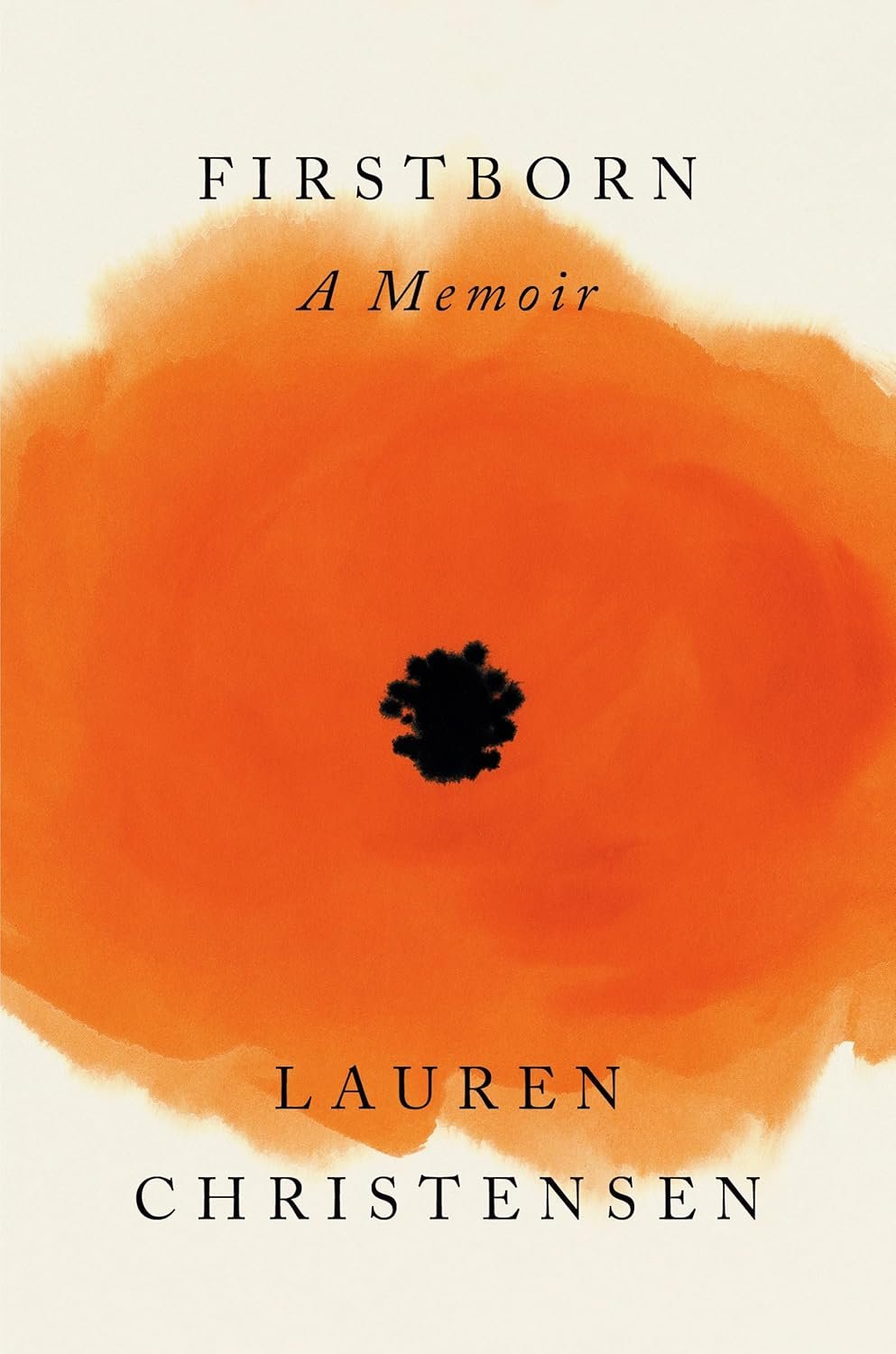Finding Grace in Loss: A Reflection on Firstborn: A Memoir by Kerri Christensen
When I stumbled upon Firstborn: A Memoir by Kerri Christensen, I felt a profound pull—moments like these often have a way of beckoning to those who’ve walked similar roads. Having experienced the deep grief of losing a loved one to Turner Syndrome myself, my connection to Christensen’s poignant narrative seemed almost serendipitous. Her raw exploration of loss and motherhood speaks to a universal experience that, while deeply personal, resonates with anyone who has faced the fragility of life.
Christensen’s memoir recounts the harrowing journey of carrying her daughter, Simone, who faces severe complications due to Turner Syndrome. The intensity escalates as Simone’s condition deteriorates, ultimately forcing Christensen into a heartbreaking decision: to terminate the pregnancy to save her own life. This choice, though unimaginable to some, is handled with a striking tenderness that lays bare the complexities of motherhood—love, hope, and an inescapable grief that lingers long after.
One of the standout elements of Christensen’s writing is her ability to imbue Simone with agency, a rarity in narratives surrounding loss. Often, the voices of unborn children are marginalized or overshadowed by the parents’ emotions; however, Simone shines brightly here. Christensen refuses to slip into politicizing Simone’s existence or overshadowing her with sentiments that serve the mother’s narrative alone. Instead, she paints Simone as a miracle—brimming with hope and deserving of her own story. This approach allows readers to fully appreciate the beauty of life, even in its most tragic form.
The prose itself is a delicate blend of lyrical beauty and stark realism. Christensen’s reflections evoke vivid imagery, capturing the paradox of a life filled with both joy and sorrow. Lines such as “Life’s unexpected gifts are worth cherishing, even as they slip through our fingers” left a lasting impression, sparking an internal dialogue about the very nature of hope in dark times.
Moreover, Christensen’s narrative pacing brilliantly mirrors her emotional landscape—slow, contemplative moments interspersed with bursts of intense decision-making—crafting an immersive reading experience. I found myself lost in her thought processes, reflecting on my own experiences and feelings while grappling with the weight of love that transcends a heartbeat.
Firstborn invites readers to embrace the complexity of grief and joy wrapped into one. It’s a meditation on the divine nature of life’s fleeting moments, a theme that resonates deeply with anyone who has faced loss. The memoir’s honesty may challenge some readers, particularly those entrenched in more traditional views of motherhood and loss. Still, for those willing to engage with its depth, there’s an essential understanding to be gained: the importance of recognizing and honoring the lives we couldn’t keep.
I wholeheartedly recommend Firstborn: A Memoir to anyone who has experienced loss, as well as those seeking to understand the intricacies of motherhood, choice, and love. Kerri Christensen reminds us that all lives—no matter how brief—carry profound significance. This memoir has not only deepened my empathic response to similar stories but has also left an indelible mark on my heart, one that will linger long after the final page is turned.
Discover more about Firstborn: A Memoir on GoodReads >>







